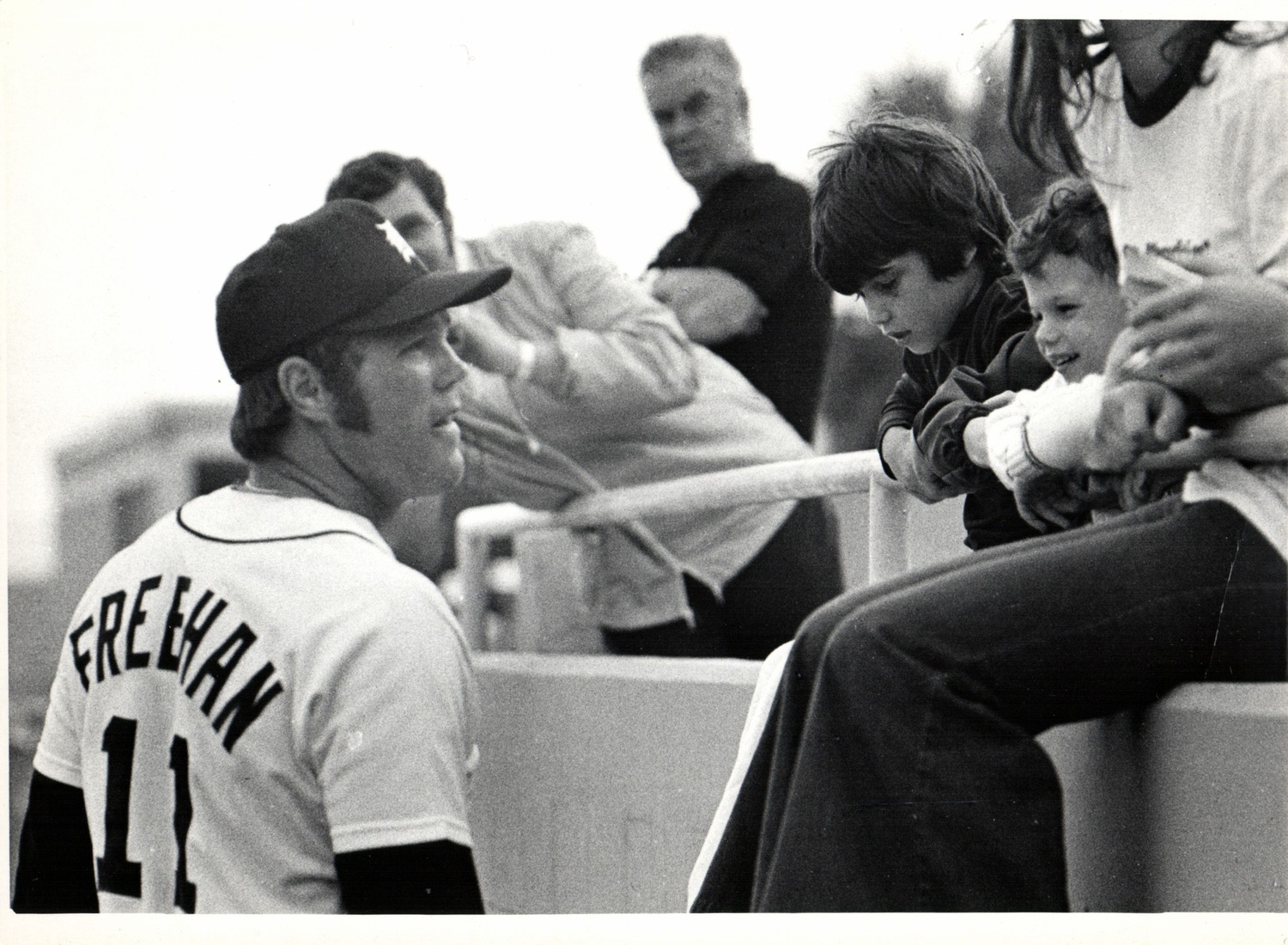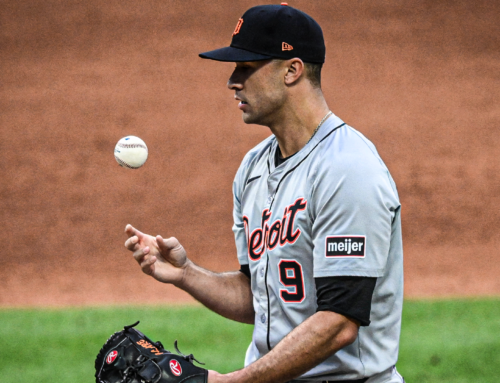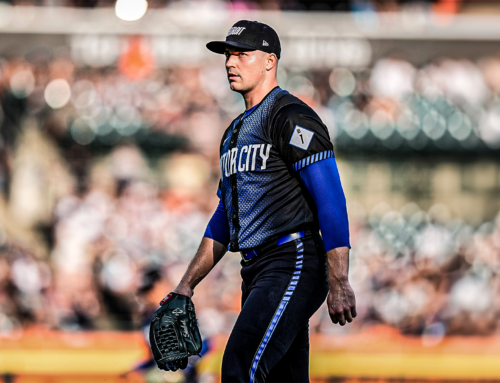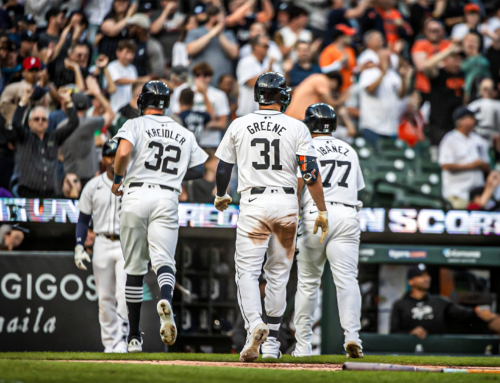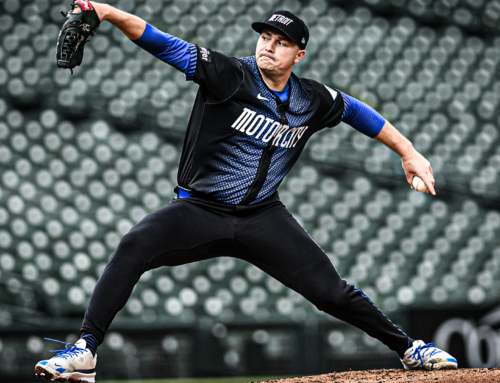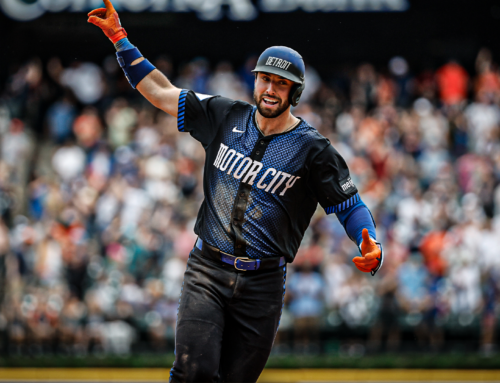Bill Freehan was my Detroit Tigers catcher while growing up on Detroit’s west side.
He was strong, smart, silent, and bullish. Was he a raging bull? Despite that, if there were such a thing as a calming bull, that would best describe Freehan. He played the game of baseball as if his pants were on fire.
But his main job was to catch. And an important and sometimes forgotten aspect of catching is to make pitchers better. That’s what Freehan did. When a pitcher struggled, he miraculously got better after a visit to the mound by Freehan.
The catcher of my youth is no longer around. Sadly, Freehan died last at age 79 while battling Alzheimer’s.
Freehan played 15 seasons with the Tigers. He was an 11-time All-Star and won five gold gloves.

His biggest asset was how calm he was in the face of adversity. If you were a pitcher chasing a 3.90 earned run average, Freehan turned you into a 3.60 ERA talent. There is no quantifiable evidence of that. However, Freehan is a Hall of Fame catcher who is not in the Hall of Fame.
There is no stat called making a pitcher better.
He caught Denny McLain when he won 31 games and when workhorse Mickey Lolich won three World Series games in that same season in 1968. He blocked the plate from St. Louis Cardinals speedster Lou Brock, preventing him from scoring an important run in that series that the Tigers won in seven games.
Freehan has one of the most iconic photos in Detroit Sports history.
Bill Freehan lifted Lolich into the air after the Tigers won the series, making him an important figure in two of the most iconic Detroit photos in history. You had Tayshaun Prince blocking Reggie Miller. Or maybe the one of Steve Yzerman holding the Stanley Cup after four decades of Red Wings frustration.
For us older citizens, it’s this one.
Freeland receiving a perfect throw from left fielder Willie Horton and blocking Brock, who should have slid, and Freehan lifting the portly Lolich into the heavens were images stitched in our minds.
Freehan needed to be stout behind the plate and guide the Tigers pitching staff to greatness. And the Tigers were a light-hitting ball club that year that rode last inning miracles to victory.
Freehan had a .262 career batting average with 200 home runs, 758 RBIs, and 1,591 hits over 1,774 career games in Detroit. He had career totals of 200 homers and 2,502 total bases.
Furthermore, these numbers put him behind only Yogi Berra and Bill Dickey among American League catchers when he retired.
That was my catcher while growing up in the 1960s and 1970s.
Maybe you had Lance Parrish, who won a World Series in 1984. Or maybe your catcher was Pudge Rodriguez, who helped revive Tigers baseball again.
They were all important men. And they are missed as the Tigers try to rebuild again.
Follow Foster on Twitter at TerryFosterDet.

